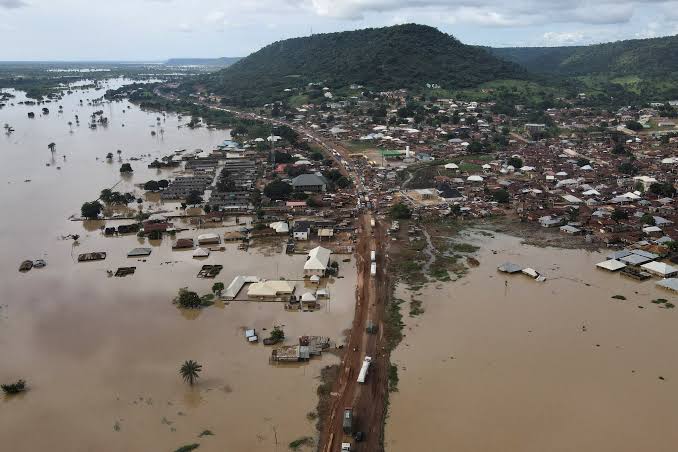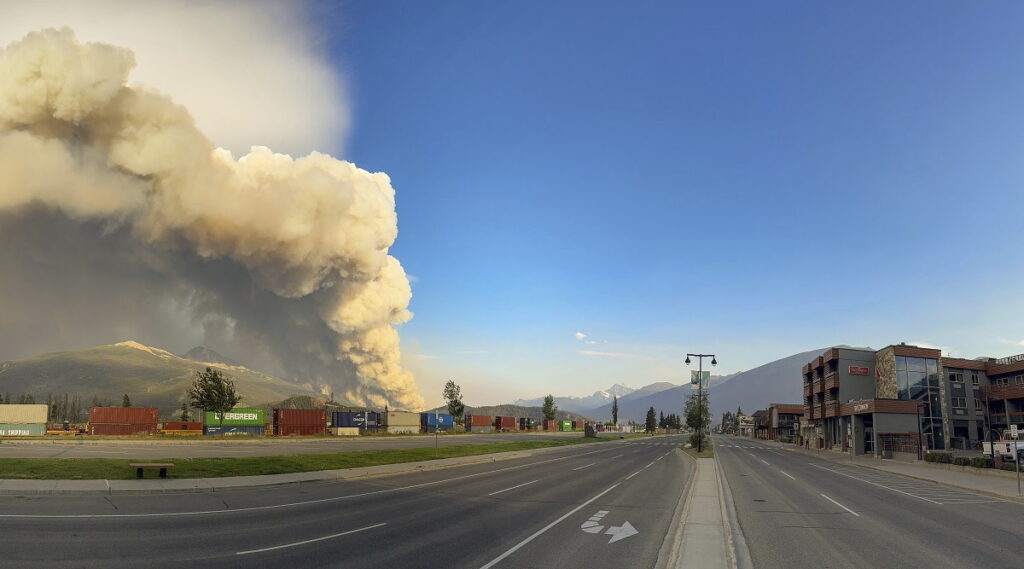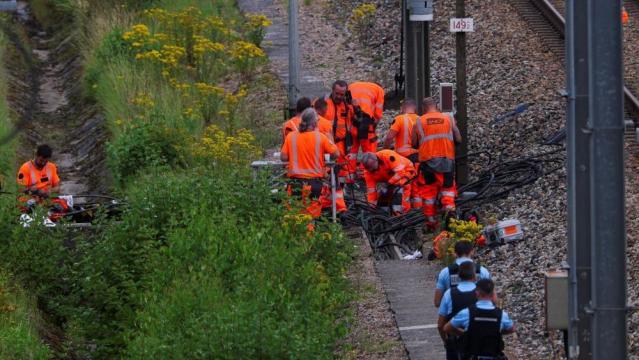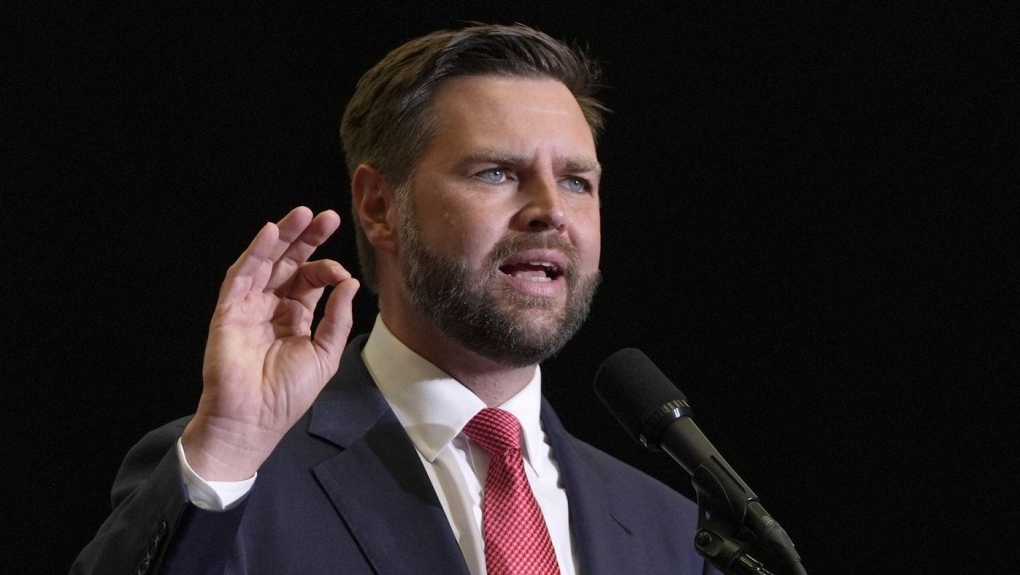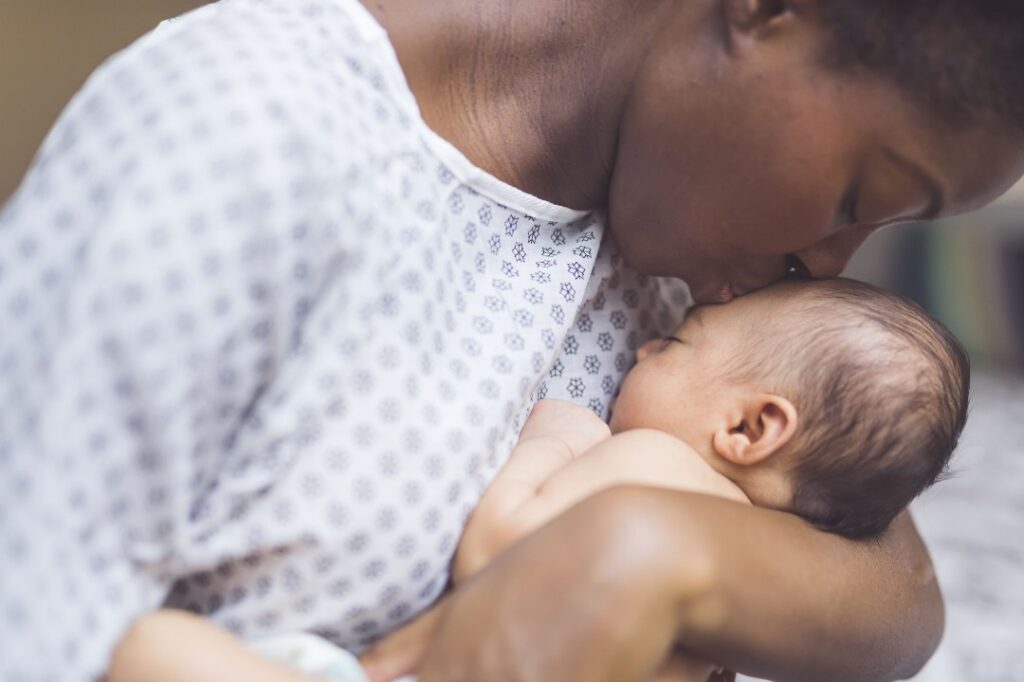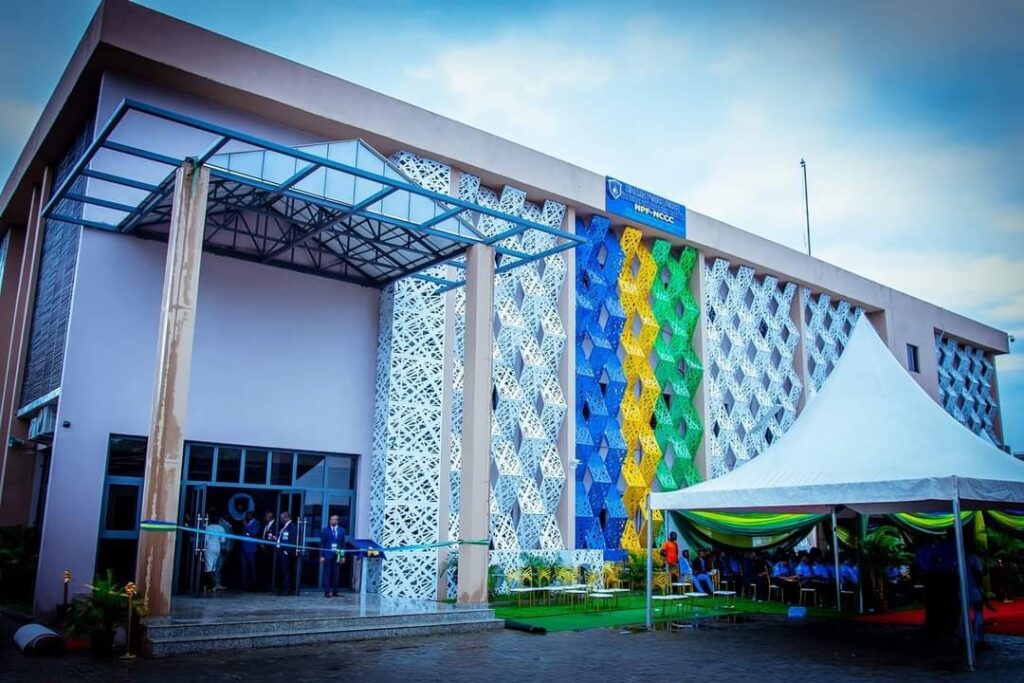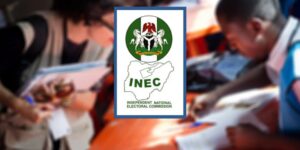The United Nations Children’s Fund (UNICEF) has warned that 2.5 million Nigerians require humanitarian assistance. Sixty percent are children, who face an increased risk of waterborne diseases, drowning, and malnutrition as a result of the worst flooding in a decade.
According to UNICEF, the floods, which have affected 34 of the country’s 36 states, have displaced 1.3 million people, killed over 600 people, and damaged or destroyed over 200,000 house.
The global children’s organisation said in a statement issued yesterday in Abuja that cases of diarrhoea, water-borne diseases, respiratory infections, and skin diseases were already on the rise.
The organisation stated that in the north-eastern states of Borno, Adamawa and Yobe alone, 7,485 cases of cholera and 319 associated deaths were reported as of 12 October,2022 adding that as rains are expected to continue for several weeks, humanitarian needs are also expected to rise.
UNICEF Representative in Nigeria, Cristian Munduate, said that Children and adolescents in flood-affected areas are in an extremely vulnerable situation and are particularly at risk of waterborne diseases and emotional and psychological distress.
Munduate said UNICEF was working closely with the Government and other partners to provide life-saving assistance to those who are most in need.”
She noted that the floods are adding another layer of complexity to an already precarious humanitarian situation in the country. Immediate priority needs for children include health, water, sanitation, and hygiene; as well as shelter and food. Additional funding and resources are required to respond to growing needs and to sustain ongoing humanitarian interventions, with a focus on the most vulnerable, including children with disabilities.
According to UNICEF’s Children’s Climate Risk Index (CCRI), Nigeria is considered at ‘extremely high risk’ of the impacts of climate change, ranking second out of 163 countries.
Children in ‘extremely high risk’ countries face a potentially deadly combination of multiple climate and environmental shocks combined with high levels of underlying child vulnerability due to insufficient essential services such as water and sanitation, healthcare, and education.
UNICEF has so far supported the government response in three affected states – Jigawa, Niger, and Kaduna – by providing cash assistance, distributing cholera kits, government-led mobile health teams, temporary learning centres, and learning kits, as well as cholera kits. With additional funding, UNICEF will be able to expand its response in other states, providing lifesaving medical equipment and essential medicines, chlorinating water and providing sanitation supplies, as well as assisting in the prevention and response to sexual and gender-based violence.

